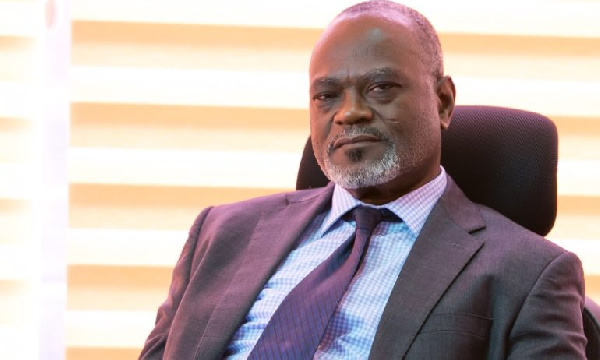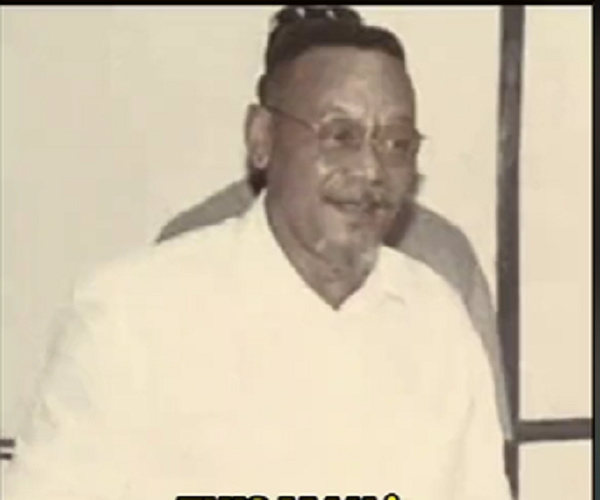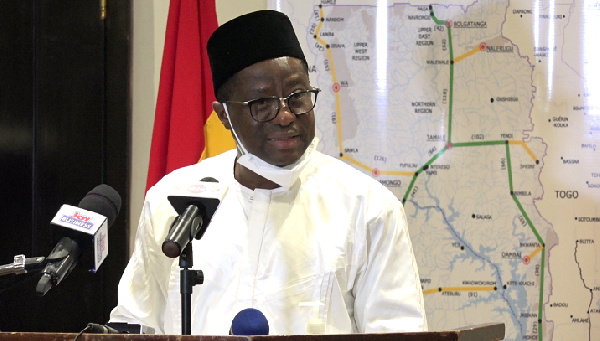

“Growing up, our teachers used the mother language to instruct us in school. At that time, there were few books in mother languages. It was interesting reading these stories and I still remember some of these stories even today.”
Elijah started as a reading camp volunteer in Bepoase community in 2016. The community is one of the over hundred communities in the Fanteakwa district where after school reading camps have been established to help children break through to literacy at early grade.
The reading camp is a component of the Unlock Literacy Project funded by KOICA and implemented by World Vision International Ghana. The project is aimed at supporting government effort to improve reading outcomes in primary schools in Ghana. The 2013 and 2015 Early Grade Reading Assessment had revealed that over 95% of children in grade 2 in Ghana cannot read with comprehension.
Unlock Literacy (UL) is an evidence based literacy approach to improve children’s core reading skills. The project model thrives on the use of mother language as a medium to teach literacy. Unlock Literacy supports the fact that children learn to read fast and better, when they start learning to read in their mother language. The reading skills acquired, help children to learn a second language faster. The UL methodology resonates with the MoE/Ghana Education Service Mother Language Policy for primary education. The project engages community volunteers with high school certificates such as Elijah.
“Learning to reading in one’s mother language enables you to understand the language and traditions very well. Due to my ability to read and write Twi (local language) even at my young age, I serve at the chief’s court as the community announcer. The community announcer is the master of ceremonies for funeral, birthday and community programmes. Sometimes, I even receive invitations from nearby communities and all these come with some financial rewards” Elijah reminiscing with nostalgic gusto.
Elijah and many other hundreds of volunteers across World Vision foot prints in Ghana have come to realize that learning to read through the mother language ensure quick gain for learning to read in a second language. Most of these volunteers have improved their own reading skills and a few have moved on to pass their Senior High school exams. Elijah who is a living testimony sums up, “Though I had completed high school, I still had the English paper to write and I must confess, my reading was poor. I could hardly pronounce some words. Trained in and teaching children how to blend letter sounds have improved my own skill of blending letter sounds to read difficult words, now my spelling has improved so is my reading.” Elijah has passed the English paper after sitting for the senior high examinations and he hopes to enroll at the College of Education to become a teacher, a passion which is almost a reality. Elijah advises. “If teachers could realize that learning to read in the mother language can trigger quick gains in learning to read in English most of the children who walk through school without learning anything will be better off.”
Ghana has adopted the balance literacy approach to early grade reading evidenced in two main literacy programmes which has so far been funded by USAID to improve reading at the early grade: Equall Project (2010) and Partnership for Learning (2019). Yet this methodology has not sunk deep into the education system. Apart from the low capacity of teachers and district directorates of education to teach and monitor literacy, there are few level readers in mother languages in book stores across Ghana. With the gradual increase in awareness of the need to improve reading among children, the question is how are the over 30,000 early grade teachers prepared to take the challenge? How are writers and publishers taking the challenge to make more books available to children?
Many Ghanaian children in public schools struggle through school because they cannot read, thus they have to struggle to comprehend text at school. This situation has deepened the inequality in education achievements between the urban and rural communities and confirmed the Matthew effect.
In the words of Elijah, “I still can’t get my head over the reason why when it comes to teaching reading, teachers prefer to teach from unknown to known. teaching reading is not difficult, teaching reading through the mother language makes it easier and appealing to children.” Today, as the word celebrates International Mother Language day, let Ghana re-think on how to support the over one million primary school children to break through to literacy. It is time to be citizens and not spectators.
Andrew Ofosu-Dankyi is a writer and an Early Grade Reading Specialist with World Vision International Ghana.






